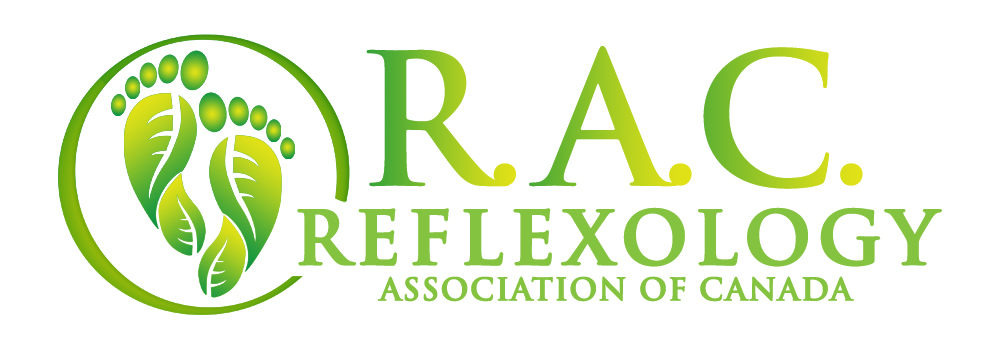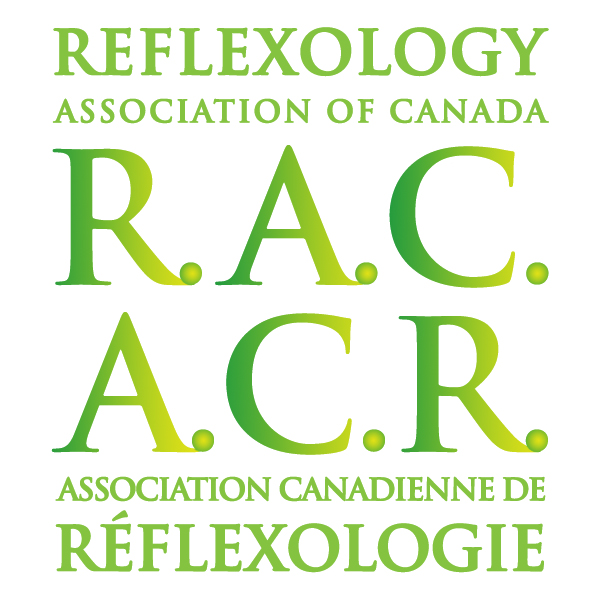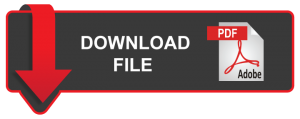Click on the button below to download our documentation guidelines.
Documentation Guidelines
for Registered Canadian Reflexology Therapists (RCRT™)
The following guidelines establish professional documentation standards for Registered Canadian Reflexology Therapists (RCRTs™). Accurate and complete documentation ensures safe, ethical, and client-centered care, supports continuity of service, and fulfills legal and professional obligations.
Proper client documentation includes the initial intake/health history form and all reflexology session documentation that records essential client information, session planning, observations, and post-session outcomes. This can also include any additional documentation a client brings (e.g. diagnosis, letters, etc.).
1. Documentation Requirements
Before beginning reflexology therapy, therapists must ensure that the client record includes the following three key components: Informed Consent, Health History, and Session Records. These documents must be reviewed, updated, and securely stored in accordance with RAC’s Standard of Practice and provincial privacy regulations.
2. Informed Consent
Informed consent must be obtained and documented before any Reflexology therapy is provided and updated whenever there is a significant change to the client’s health status or session plan.
The consent record must include documentation that the therapist has discussed the following with the client:
- ✔ The purpose and nature of reflexology therapy
- ✔ What reflexology does not include or do (e.g., diagnose, prescribe, or cure conditions)
- ✔ The expected benefits and session goals
- ✔ Any contraindications and potential body responses
- ✔ Clarification of any potential misconceptions
- ✔ Alternative options if applicable
- ✔ That the client has the right to stop or modify a session at any time
- Additionally:
- ✔ The client must be informed of their responsibility to ask questions and participate in care decisions.
- ✔ Consent may be obtained in written, electronic, or verbally documented form, in accordance with applicable legislation. The record must include the client’s signature (digital or physical) and date, confirming their understanding and agreement to proceed with reflexology therapy.
- ✔ An RCRT™ who is qualified or licensed to practice other modalities:
- 🔸 Must clearly communicate with the client any deviation or addition to the Reflexology therapy appointment;
- 🔸 Obtain informed consent before proceeding with another modality; and
- 🔸 Document all additional modalities in the client’s record.
- ✔ If the client is a minor or unable to give consent, written, electronic, or documented verbal consent must be obtained from the legal guardian, caregiver, or power of attorney.
3. Health History Form
The Health History Form captures relevant background and current health-related information to support safe and effective reflexology therapy. It should include the following:
- ✔ Age (or date of birth)
- ✔ Occupation
- ✔ Current health context
- ✔ Reason for consultation
- ✔ Past injuries (indicate “left/right” when applicable, with dates)
- ✔ Past medical/surgical interventions (including dates)
- ✔ Current conditions (including dates of appearance)
- ✔ Current medications/supplements (including dates started)
- ✔ Use of prosthetics
- ✔ Pregnancy status and history, if applicable
A health history form must be completed by the client using a permitted form of consent and as part of the practice standard:
- ✔ before the first reflexology therapy session;
- ✔ updated, as required, before follow-up sessions; and
- ✔ reviewed or updated at least annually.
This form must be signed by the client and countersigned by the RCRT™. Acceptable formats include written, electronic, or documented verbal consent, subject to applicable regulatory requirements.
For the current version of RAC’s Initial Intake/Health History Form, please refer to: Health History Form.
RCRT™s must use their professional judgment and refer to RAC’s Contraindication Guidelines when evaluating whether to proceed, postpone, or modify a session based on client history or presenting symptoms.
4. Session Records
Each reflexology appointment must be documented clearly and consistently. Session records should include:
1. For Initial Appointments:
- ✔ Summary of intake (if separate from health history)
- ✔ Client’s short-term and long-term goals
- ✔ Areas of focus for the session
- ✔ Session duration and date
- ✔ Observations made during the session (e.g., tension, temperature, client reaction)
- ✔ Any recommendations provided
- ✔ Therapist’s signature or initials
2. For Follow-Up Appointments:
- ✔ Feedback from the client on the previous session
- ✔ Any changes in health status or medications
- ✔ Client’s stated goals or focus for the day
- ✔ Modifications to the session plan based on client feedback or therapist observations
- ✔ Observations and findings from the session
- ✔ Any updated post-appointment guidance
- ✔ Therapist’s signature or initials
For the current version of RAC’s template session record forms for all modalities of reflexology, please refer to: Session Record Forms.
For additional information regarding conducting a session, please refer to RAC’s Session Guidelines.
5. Documentation Storage and Privacy
- ✔ All records must be stored securely (digitally or in hard copy) in compliance with federal and provincial privacy laws.
- ✔ Client files must be retained for the minimum period required by the therapist’s province of practice.
- ✔ Clients may request copies of their records or request a transfer to another practitioner, provided valid client consent is obtained and documented in accordance with applicable privacy laws.







